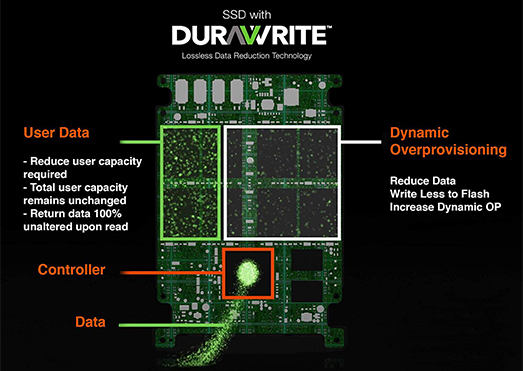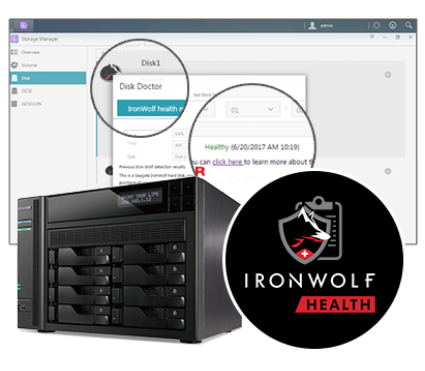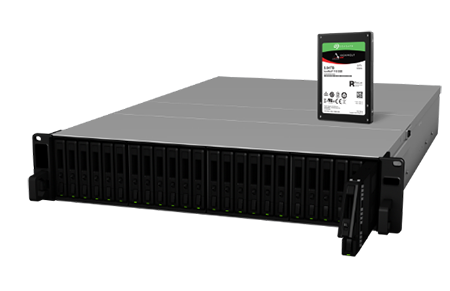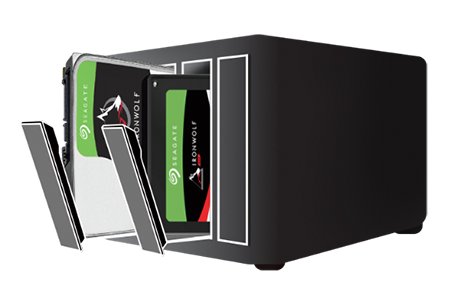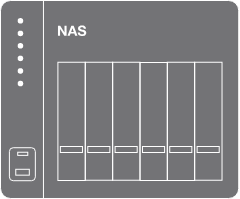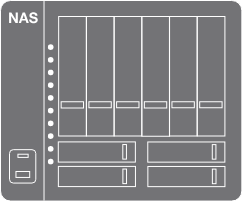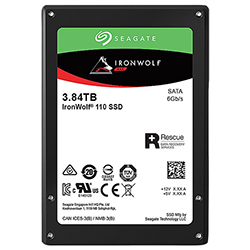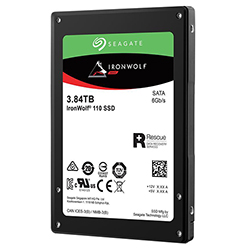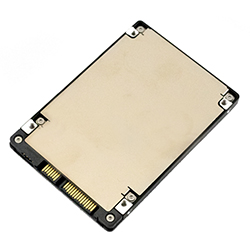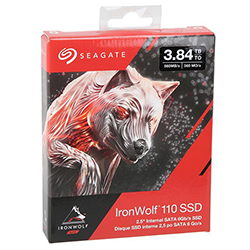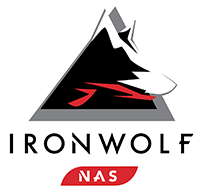 Overview:
Overview:
Tough. Ready. Scalable. World's First SSD for NAS
The Seagate IronWolf 110 SSD is designed for everything business NAS, with 24×7 performance to handle multi-user environments across a wide range of capacities. Take your NAS to the next level with the IronWolf 110 SATA SSD, providing pure performance in all-flash array or tiered cache NAS-enabled systems. This enterprisegrade SSD gives you increased durability and peace of mind.
Optimized to Be Tough
- Boost the performance of NAS, which requires faster random access performance
- Maintain fast, consistent performance for read-intensive and mixed workloads
- Choose built-in drive monitoring with enabled NAS with IronWolf Health Management
Always Accessible, Always Ready
- Require less energy to run on 24×7 NAS, and save on cooling and overall energy cost
- Acquire the capacity and endurance to fit a range of applications and workloads
Scalable for Data Growth in NAS
- Leverage a wide portfolio to fit your growing business needs
- Depend on a 5-year limited warranty and included 2-year Data Recovery Services plan
Key Features and Benefits
- SATA 6Gb/s interface for easy deployment
- Seagate DuraWrite™ lossless data reduction technology
- Optimized with AgileArray firmware tuned specifically for NAS
- Power loss data protection circuit
- Enterprise-class reliability with 2Mhr. MTBF and a 5-year limited warranty
Best-Fit Applications
- All-flash array NAS
- Tiered caching on enabled NAS
- Creative pro NAS
- Small, medium enterprise NAS
IronWolf Health:
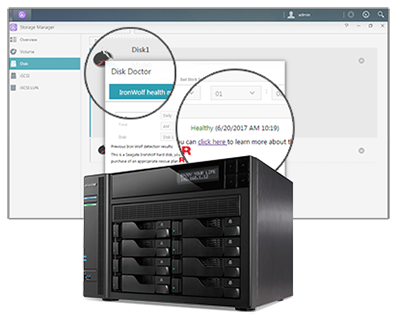

Keep Your Data In Good Shape
For all around well-being, you need prevention, intervention, and recovery.
IronWolf Health Management provides all these aspects of care for supported IronWolf and IronWolf Pro hard drives. Thanks to IHM, which operates in popular NAS operating systems, you can prevent external disturbances from affecting the NAS or drive health, proactively intervene and backup your data when the system notifies, and available industry leading rescue and recovery services should a catastrophic event occur.
Actively Protecting Your NAS
IronWolf Health Management (IHM) is designed to operate on enabled NAS systems, populated with supported Ironwolf SSD, Ironwolf HDDs, and Ironwolf Pro HDDs. IHM helps to improve the overall system reliability by showing prevention, intervention, and recovery options.

Prevention
Enjoy seamless, superior NAS experience as IronWolf Health monitors your system environment and offers preventative actions to secure your data. It keeps tabs on conditions such as temperature, shock, vibration, intermittent connections and signal integrity.

Intervention
Avoid catastrophic data loss events by allowing IronWolf Health to analyze hundreds of parameters, recommending backup as needed. IHM has adaptive algorithms that monitor critical drive and health parameters related to data transfer, performance, readability, writability and overall reliability.

Recovery
In the event of failure, rely on our Rescue Data Recovery Service (2-year service included with IronWolf Pro). IHM provides you easy access to it through the NAS OS.
Schedule. Review. Track.1
IHM is integrated within the NAS OS in which it allows you to schedule and review each result of the scan when you want to. The NAS OS will keep a log in which it will help track any trends and keep you well aware of how healthy your drive is based on the results of IHM.
Keep an Eye on Your Workload2
IronWolf Health Management allows you to keep an eye on your workload on compatible NAS. With workload charting you are able to see the data traffic with your NAS on a day by day basis, allowing further piece of mind knowing that IronWolf and IronWolf Pro is built tough to handle 24x7 always on use.
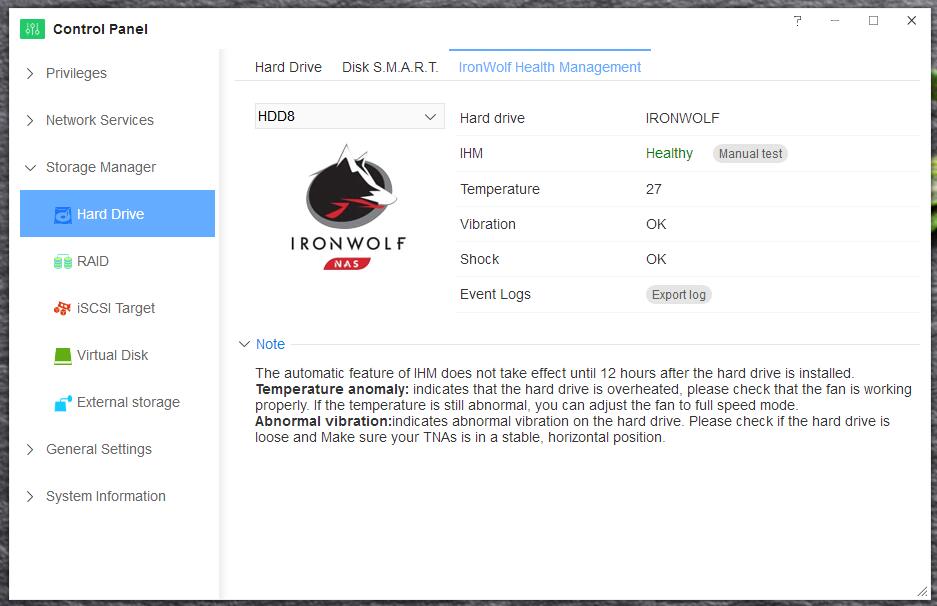
Error Codes and Suggestions
IronWolf Health provides a list of error codes and a suggestion on what you need to do to fix the issues. The chart below helps provides suggestions for each code.
| Output Code |
Test Result |
Suggested Actions to Fix the Issue |
| 100 |
Notification |
Abnormally high operating temperature has been detected. Please ensure rear ventilation ports are not blocked, and try to lower the ambient temperature. |
| 101 |
Notification |
Connection issue on your NAS and hard drive interface has been detected. Please make sure the hard drive is properly installed in the chassis or drive tray, and that the tray is properly installed in your NAS. If issue persists, please contact the NAS Support Team. |
| 102 |
Notification |
Excessive physical shock to the hard drive has been detected. Please ensure your hard drive and NAS are placed on a stable surface. If issue persists, please contact the NAS Support Team. |
| 105 |
Notification |
Excessive vibration has been detected. Please ensure your NAS is placed on a stable surface. If issue persists, please contact the NAS Support Team. |
| 106 |
Notification |
Excessive host resets have been detected. Please ensure the hard drive is properly installed in the chassis or drive tray, and perform a power cycle. If issue persists, please contact the NAS Support Team. |
| >=200 |
Warning |
IHM has spotted some errors and a full SMART scan has been automatically triggered for your convenience. If the scan fails, please contact Seagate Customer Care. |
1 IronWolf Health Management features may vary from one NAS vendor to another. For further information, please refer to the vendor IHM manual
2 Workload charting is only available on compatible NAS. Please check NAS vendor for further details.
Specifications:
| Specifications |
3.84TB |
1.92TB |
960GB |
480GB |
240GB |
| Standard Model Number |
ST16000VN001 |
ST14000VN0008 |
ST12000VN0008 |
ST10000VN0008 |
ST8000VN0022
ST8000VN004 |
| Interface |
SATA 6Gb/s |
SATA 6Gb/s |
SATA 6Gb/s |
SATA 6Gb/s |
SATA 6Gb/s |
| NAND Flash Type |
3D TLC |
3D TLC |
3D TLC |
3D TLC |
3D TLC |
| Form Factor |
2.5 in × 7mm |
2.5 in × 7mm |
2.5 in × 7mm |
2.5 in × 7mm |
2.5 in × 7mm |
| Sequential Read (MB/s) Sustained, 128KB QD321 |
560 |
560 |
560 |
560 |
560 |
| Sequential Write (MB/s) Sustained, 128KB QD321 |
535 |
535 |
535 |
535 |
345 |
| Random Read (IOPS) Sustained, 4KB QD321 |
85000 |
90000 |
90000 |
75000 |
55000 |
| Random R70R (IOPS) Sustained. 4KB QD321 |
60000 |
65000 |
50000 |
40000 |
30000 |
| Random Write (IOPS) Sustained, 4KB QD321 |
45000 |
50000 |
55000 |
50000 |
30000 |
| Average Read Latency (μs), 4KB QD11 |
175 |
160 |
155 |
155 |
155 |
| Average Write Latency (μs), 4KB QD11 |
40 |
35 |
40 |
40 |
40 |
| Total Bytes Written (TB) |
7,000 |
3,500 |
1,750 |
875 |
435 |
| Nonrecoverable Read Errors per Bits Read |
1 per 10E17 |
1 per 10E17 |
1 per 10E17 |
1 per 10E17 |
1 per 10E17 |
| Mean Time Between Failures (MTBF, hours) |
2,000,000 |
2,000,000 |
2,000,000 |
2,000,000 |
2,000,000 |
| Limited Warranty (years) |
5 |
5 |
5 |
5 |
5 |
| Power Supply |
5V + 12V |
5V + 12V |
5V + 12V |
5V |
5V |
| +5/+12V Active Max Average Power (W)2 |
3.5 |
3.4 |
3.2 |
2.7 |
2.3 |
| Average Idle Power (W) |
1.2 |
1.2 |
1.2 |
1.1 |
1.1 |
| Temperature, Operating Internal (°C) |
0 to 70°C |
0 to 70°C |
0 to 70°C |
0 to 70°C |
0 to 70°C |
| Temperature, Nonoperating (°C) |
–40 to 85°C |
–40 to 85°C |
–40 to 85°C |
–40 to 85°C |
–40 to 85°C |
| Temperature Change Rate/Hr, Max (°C) |
20°C |
20°C |
20°C |
20°C |
20°C |
| Shock, 0.5ms (Gs) |
1000 |
1000 |
1000 |
1000 |
1000 |
| Height (in/mm, max) |
7.00mm/0.276in |
7.00mm/0.276in |
7.00mm/0.276in |
7.00mm/0.276in |
7.00mm/0.276in |
| Width (mm/in, max) |
70.10mm/2.760in |
70.10mm/2.760in |
70.10mm/2.760in |
70.10mm/2.760in |
70.10mm/2.760in |
| Depth (mm/in, max) |
100.25mm/3.947in |
100.25mm/3.947in |
100.25mm/3.947in |
100.25mm/3.947in |
100.25mm/3.947in |
| Weight (g/lb) |
79.4g/0.175lb |
74.7g/0.164lb |
74.3g/0.163lb |
74.3g/0.163lb |
70.6g/0.155lb |
| Carton Unit Quantity |
10 |
10 |
10 |
10 |
10 |
| System Requirements |
Windows 10, Windows 8.1, Windows, 7 Linux |
1 Performance data is based on testing under certain workload conditions and is subject to change. Performance assumes that a typical enterprise data workload has 80% entropy.
2 3.84TB, 1.92TB, and 960GB capacity points require 12V in addition to 5V power.
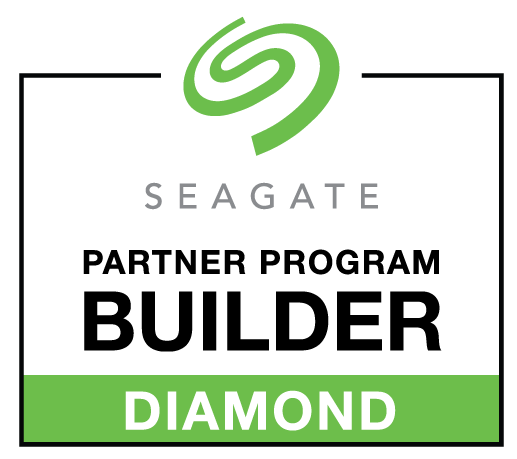
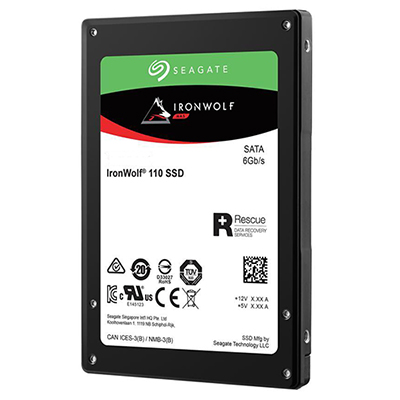
 Overview:
Overview:
